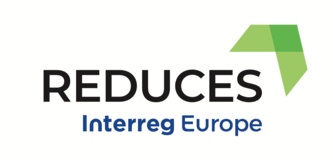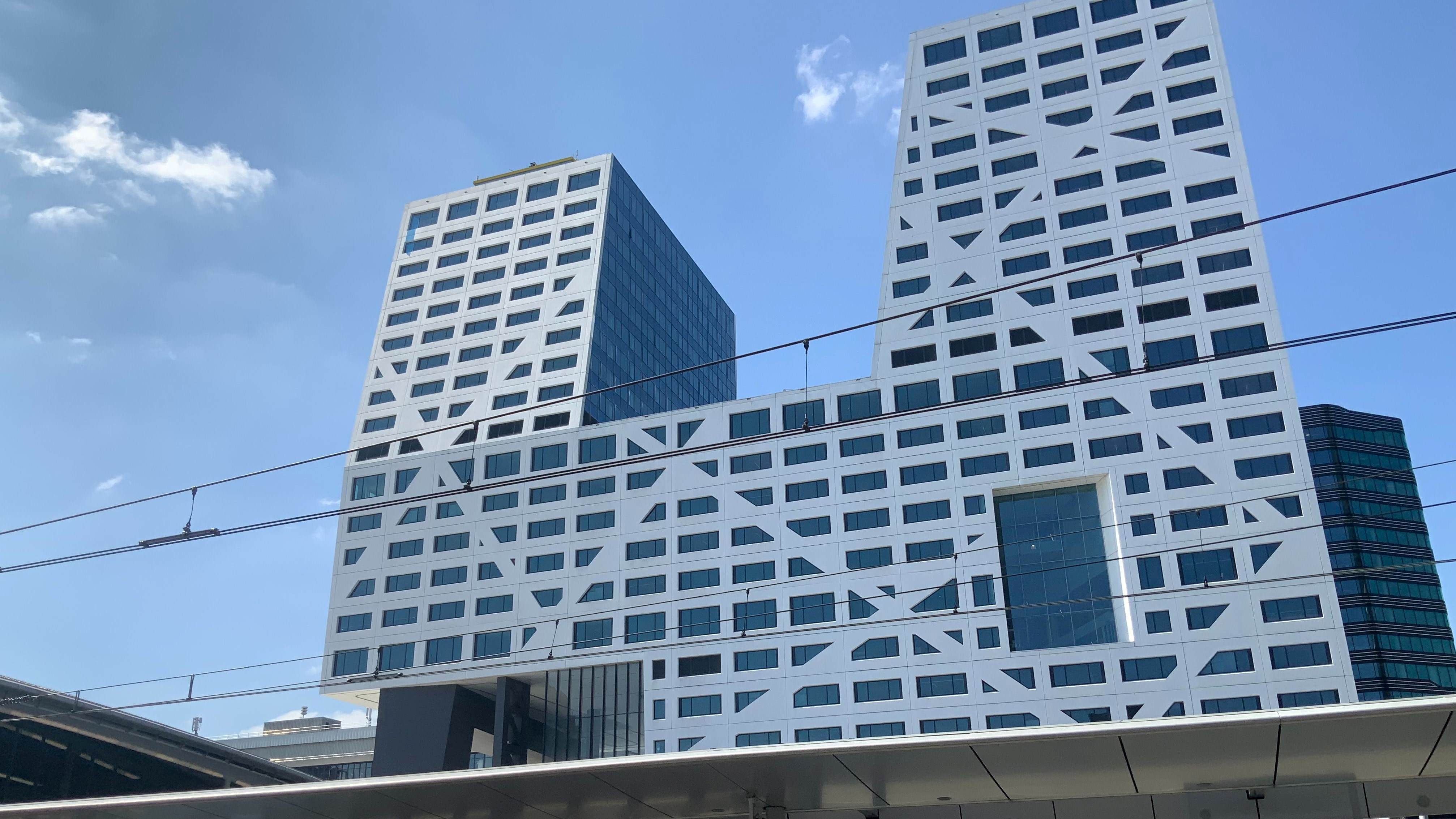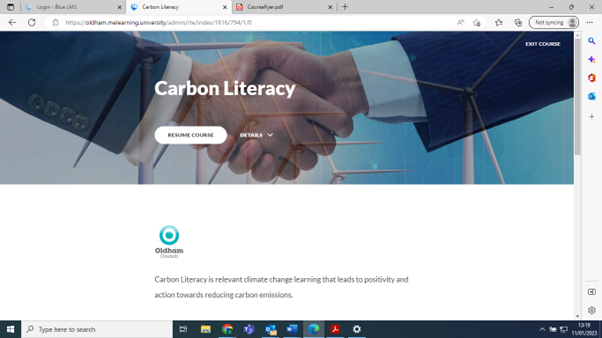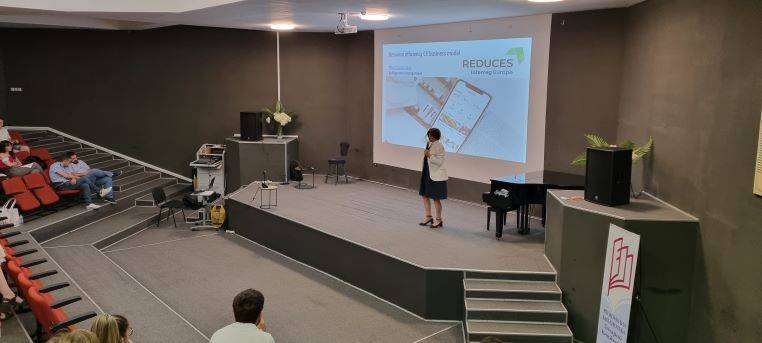Finland aims to become a global pioneer in the field of circular economy. The economic competitiveness and well-being can no longer be based on the wasteful use of natural resources. The way companies develop their business models is rapidly changing. Rather than offering products and owning them, the foundation for earnings will be services, the recycling of products and intelligence-based digital solutions. Finland was the first country in the world to prepare a national road map to a circular economy in 2016, under the leadership of The Finnish Innovation Fund Sitra. (Sitra 2019.) Regional roadmaps have since been developed for example in Southwest Finland, which is one of the regions in the REDUCES project.
Turku University of Applied Sciences arranged the regional REDUCES kick-off in the beginning of October. To keep the meeting efficient and productive, only the key members from Regional Council of Southwest Finland and Valonia (Service Centre for Sustainable Development and Energy of Southwest Finland) were invited for the kick-off meeting. Regional Council of Southwest Finland is the policy owner of the region and responsible for implementing the ERDF instrument in regional development. In addition, the two key stakeholders are the ones responsible for developing and updating the regional CE Roadmap. The aim was to open the discussion with the relevant stakeholders and after defining a clear joint goal for the project wider the stakeholder network and involve other relevant organizations.
The first regional kick-off concentrated on understanding the key objectives of the project and discussing the current situation of circular economy in the area, as well as defining what kind of research and know-how is already available and what are the eventual open questions that need to be looked into. An important and interesting first observation was that the key business fields within circular economy have not yet been clearly defined in Southwest Finland. This is something that the project can better focus on by determining the fields and searching related business model cases based on these. This will also help defining the strengths of the area better. In addition, Regional Council of Southwest Finland saw the option to better share knowledge and views and discuss with the other regional policy owner as a great advantage.
Later in December 2019, a more comprehensive regional meeting with the circular economy actors network is going to be held. The discussion is going to concentrate more on identifying the potential CE business model cases and best practices based on the first business models and start forming the status quo report of the region to really understand special characteristics of the regional CE status.











